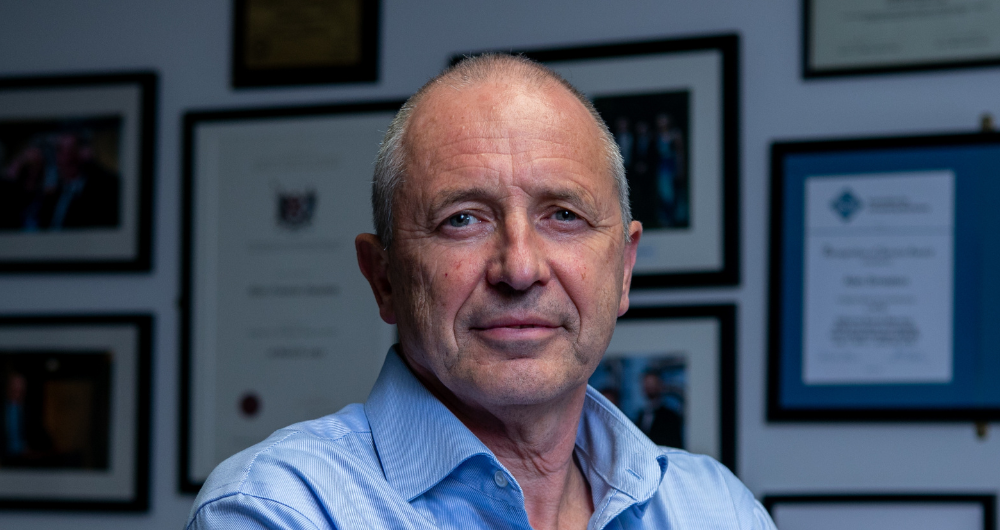
Make AI work for you and save €447 a year on energy costs – New DCU AI platform chooses the cheapest energy supplier for you
by Prof Alan Smeaton, Insight DCU
Did you know that 1.8 million of us in Ireland now have a smart meter in our homes and businesses and a choice of almost 60 tariffs from 13 different energy suppliers?
How to choose? Comparing like-with-like is bewildering when you need to consider a range of factors including the annual standing charge, the peak rate, day and night rates, discounts, EV rates and FIT rate if you have solar panels. Not to mention the allure of free concert tickets.
AI is always in trouble these days but one thing it can do is consolidate all this information and make a cool-headed choice that will save you money on energy costs.
Prof Alan Smeaton, working with students Xianjuan Chen and Shuxiang Cai, has built a system that allows consumers to download their smart meter data from ESB Networks and upload it for analysis. Some clever AI algorithms then identify patterns in the past usage data and compare it to past usage patterns of other users who have also uploaded their data. The site then predicts the annual bill for next year for each of the 60-odd tariffs on offer and sends that back to the user.
Here are the headline findings so far:
- No energy supplier that is cheapest for everyone so yes, it is absolutely worth shopping around to get your best deal
- There is at least a twice and sometimes even a three times difference between the cheapest and the most expensive tariff for the same household, same usage, same time period
- The system identifies average savings of €447 per household per annum
- If all the users of the platform so far actually switched to their cheapest we’ve saved consumers more than 50 grand already
If that’s enough info for you then head straight to https://elec-tariffs.ie/ and find your cheapest deal. Or, if you want to look under the bonnet – read on…
How elec-tariffs.ie works
The underlying AI algorithms we have employed here have clustered past users into five distinct usage patterns and match newly uploaded smart meter data to one of these clusters. This means that the patterns applied to back-fill the smart meter data for users who have less than 12 months of usage data are from households or businesses with similar types of usage patterns.
Despite the promotion of smart tariffs and time-of-use tariffs as the natural bedfellow of smart meters, from the hundreds of consumers who have uploaded their data so far we have found that for many of us our 24h fixed or our day/night is actually better than any of the 41 time-of-use smart tariffs now available. There is no energy supplier that is the cheapest for everyone.

